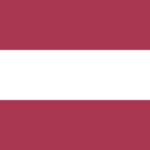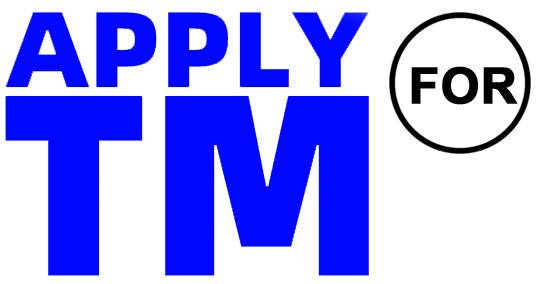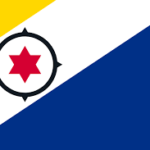Fees for registering Bonaire trademarks
Service Process
Trademark registration time
Poneche, Saint Eustatius and Saba Islands are special administrative regions of the Netherlands, originally part of the Dutch Antilles in the Caribbean Sea. The current trademark regulations are mainly based on the revised "Poneche, Saint Eustatius and Saba Islands Trademark Law" on March 26, 2012. The Trademark Office under the Benelux Intellectual Property Office is responsible for managing trademark affairs, and the official language is Dutch. Trademark exclusive rights need to be obtained through registration. Trademark registration is not mandatory, but in order to protect the trademark or renew it, it must be registered in accordance with the law. The trademark registration of Poneche, Saint Eustatius, and Saba Islands follows the principle of "application first".
Bosnia and Herzegovina, Saint Eustatius, and Saba Islands are contracting parties to intellectual property treaties such as the Paris Convention and have joined the Madrid Protocol. Therefore, trademark registration can be processed through "single country registration" or "Madrid international registration".
Trademark Registration Process
At present, the Trademark Offices of Poneche, Sint Eustatius, and Saba Islands adopt the Nice Classification 11th edition for the description of goods and services and accept applications for multiple categories. The elements that make up a registered trademark include: name, graphics, seal, letters, numbers, commercial appearance/decoration, etc.
If the applicant resides in the non Bosnia and Herzegovina, Saint Eustatius, and Saba Islands, they must entrust a local specialized agent to handle it. The basic materials required for trademark application are:
1. Trademark design;
2. Specific categories and product/service items;
3. Name and address of the applicant;
4. Power of attorney;
5.If priority is declared, proof of priority must be provided.
After the application is submitted, the examiner will conduct a formal and substantive examination of the application. Formal review mainly examines whether the application requirements and classification information comply with regulations; The substantive examination includes the examination of the distinctiveness of the trademark, whether it violates the prohibition and prohibition clauses, and whether it conflicts with the prior trademark. After the review is approved, an announcement will be arranged, and one month from the announcement date is the objection period. Any interested party or prior rights holder may raise objections, and the main reasons for raising objections are:
1. Conflict with prior trademarks, such as owning a prior registered trademark;
2. The trademark lacks distinctiveness;
3. The trademark has adverse effects;
4. Malicious registration;
5. Conflict with other prior rights, such as trade name rights, design rights, copyrights, personal names, etc;
6. The slogan trademark lacks originality.
If there are no objections or objections are not valid during the announcement period, the registration can be approved and a registration certificate can be issued; If the review fails, a rejection notice will be issued and the applicant will be required to respond within the time limit specified in the rejection notice. In a smooth situation, trademark registration in Poneche, Sint Eustatius, and Saba Islands takes about 1-2 months; If things don't go smoothly and there are objections or rejections along the way, the time will be greatly extended, possibly taking about six months.
Trademark registration materials
The trademarks of Poneche, Saint Eustatius, and Saba Islands are valid for 10 years after registration, starting from the date of application; Renewal can be processed within 3 months before the expiration date, with a grace period of 6 months; The renewal is valid for 10 years. In addition, trademarks registered in the Dutch Antilles before October 10, 2011 need to be reconfirmed in the Caribbean region of the Netherlands before renewal.
The revocation application after trademark registration can generally be filed based on the following reasons:
1.If a trademark has not been actually used in that country for five consecutive years after registration, anyone may apply for revocation; Except for force majeure.
2. (1) Violating relevant laws and regulations; (2) If it is known or should have been known that someone else has prior rights when applying for a trademark, the application may be invalidated.
Start Your Trademark Business
Start Registration

do not understand? Contact us

do not understand? Contact us

do not understand? Contact us

do not understand? Contact us


 Bonaire
Bonaire